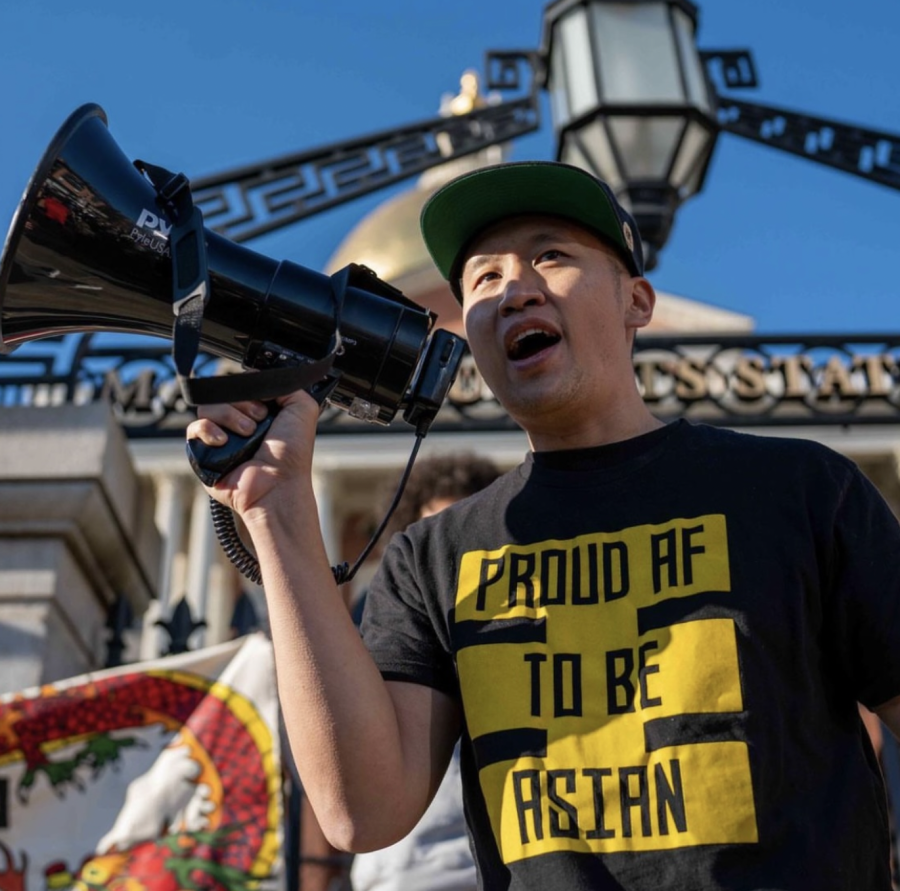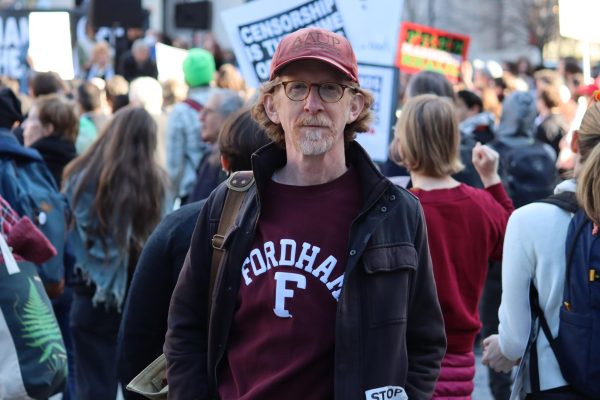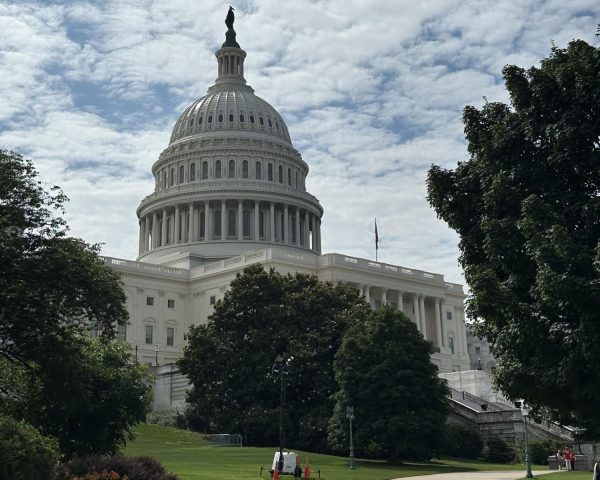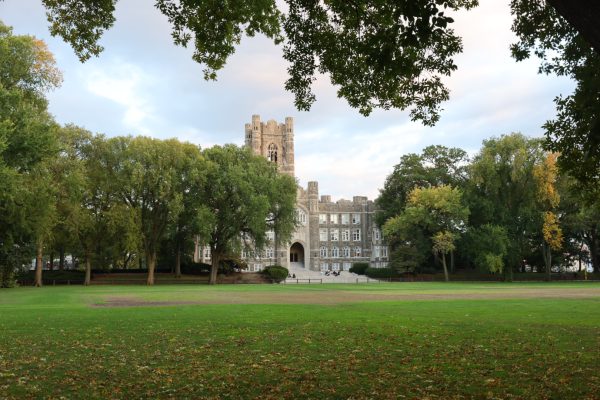Fordham Announces Asian American Studies Program
On April 3, James Kim, Ph.D., of the English department announced that Fordham University is now offering an Asian American studies program, featuring a minor in Asian American studies (AAST). Led by Kim, the faculty working group on Asian American studies includes Stephen Hong Sohn, Ph.D., of English; Caitlin Meehye Beach, Ph.D., of art history; Daisy Deomampo, Ph.D., and Vivian Lu, Ph.D., of anthropology; Ki-Eun Jang, Ph.D., of theology; Grace Shen, Ph.D., of history; Tiffany Yip, Ph.D., of psychology; and Qun Wang, Ph.D., of communications.
“This achievement marks the culmination of a half-century long struggle,” said Kim. “In the course of working on this initiative, I learned that efforts to establish Asian American Studies at Fordham date back to the early 1970s, when student activists advocated for ethnic studies at the university. Those student activists are the reason that Fordham has one of the oldest African American Studies departments in the country.”
A 2019 NBC article stated that Asian American studies programs are “still hard to find,” even in academically elite universities such as Duke and Harvard. Anti-Asian sentiment has been on the rise since the COVID-19 pandemic, which started in Wuhan, China. It was frequently misattributed as the “China flu” or “Wuhan virus,” despite Centers for Disease Control and Prevention guidelines banning the naming of diseases after geographic locations following the Spanish flu. This has played a role in the sharp uptick of crimes against Asian Americans, such as the Atlanta spa shooting and the death of Michelle Go, who was pushed in front of an R train at Times Square-42nd St.
“This was work,” said Kim, reflecting on the years-long process. “It was work of a particularly exhausting kind, partly because it took place on top of the emotional and psychological demands of living through a period so thick with anti-Asian racism.”
Kim and his colleagues were enthused by the response from the student body. The faculty’s petition, which demanded the “immediate hiring of more tenure-line faculty specializing in Asian American Studies” and the creation of “a fully supported, generously resourced Asian American Studies program” received 1,394 signatures and full support from the United Student Government of both campuses.
“After we submitted the petition, we were fortunate to receive the strong support of the Fordham administration,” said Kim. “We were able to win funds from the Deans’ Challenge Grant and the Teaching Race Across the Curriculum (TRAC) grant, which enabled us to do a lot of work over the past two years.”
Additionally, Rafael Zapata, chief diversity officer, has been a “particularly stalwart supporter of [the] initiative.”
“We simply could not have done the work we’ve done without his support and the support of the deans,” said Kim.
Students will have the opportunity to take courses with the Asian American studies attribute starting this summer with Kim’s course titled “Race and Contemporary Film.” In fall 2023, “Representing Asians in Journalism and Media” and “Seeing Stories: Reading Race and Graphic Narratives” will be available. The first AAST 4000 class, a requirement for the minor, will be offered in spring 2024, as well as “Contemporary Issues in Asian America” and a course on Asian American art.
“Good times are ahead,” said Kim. The program will be run by Hong Sohn and Meehye Beach starting next fall during Kim’s research sabbatical.
Students interested in declaring the Asian American studies minor can fill out this Google form along with the Minor Declaration form.
To read more about the process of the creation of the program, their newsletters are available as an archive.
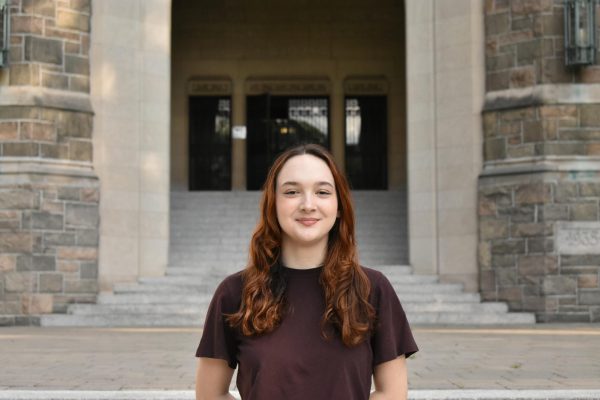
Samantha “Sam” Minear is a senior from Long Branch, N. J., majoring in international studies and communications. She started as a contributing writer...



































































































































































































